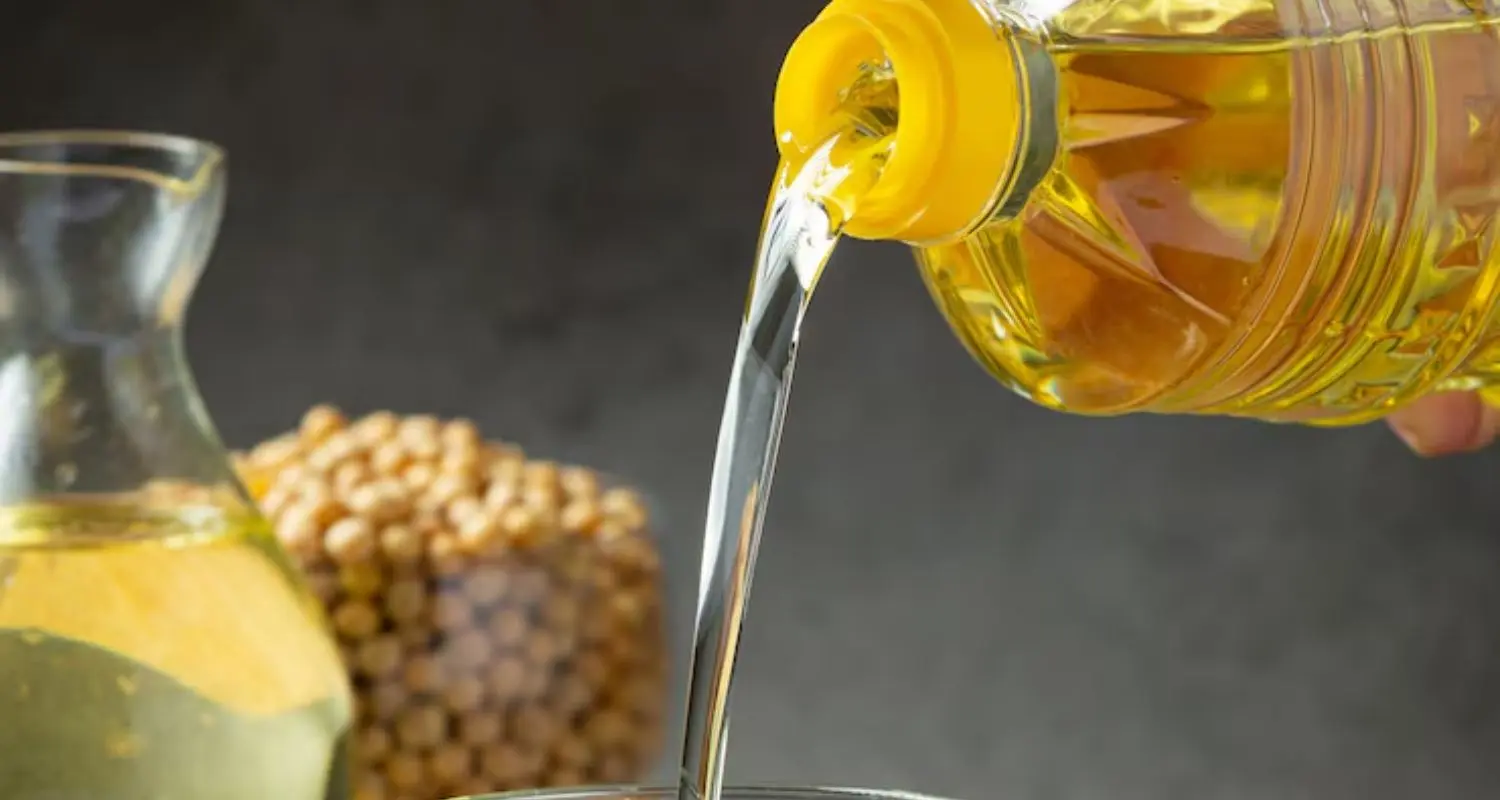Tuesday, 3 March 2026

The Indian Vegetable Oil Producers’ Association (IVPA) has expressed strong support for the Government of India’s recent decision to reduce the basic import duty on crude edible oils from 20 per cent to 10 per cent, while keeping the effective duty on refined oils unchanged at 35.25 per cent. The association thanked the government for accepting its recommendation to widen the duty differential between crude and refined edible oils to 19.25 per cent.
IVPA hailed this step as a bold and forward-looking policy that aligns with the “Make in India” initiative and strengthens the domestic refining industry. By creating a greater gap in duties between crude and refined oils, the policy aims to discourage the influx of refined edible oils that has been undermining local refining capacity and hurting the vegetable oil value chain.
The association emphasized that this measure will not only boost domestic refining operations but also ensure more equitable pricing across the supply chain—providing fair returns to oilseed farmers while stabilizing prices for consumers. It marks a significant shift towards sustainable self-reliance in India’s edible oil sector.
IVPA also highlighted the harmful effects of trade imbalances under the South Asian Free Trade Area (SAFTA) agreement, which had allowed refined oils from neighboring countries to enter India at zero duty. This had led to a surge in imports, disrupting the market and putting domestic processors at a disadvantage. According to IVPA data, refined palm oil imports increased from 4.58 lakh metric tonnes (MT) during June–September 2024 to 8.24 lakh MT between October 2024 and February 2025—representing around 30 per cent of total palm oil imports during that period.
The IVPA attributed the government’s timely action to its continuous efforts in drawing attention to these trade distortions and reiterated its commitment to working closely with policymakers to support India’s edible oil security. The new policy is expected to strengthen India’s refining capacity, promote local value addition, and create a more resilient and balanced edible oil ecosystem.